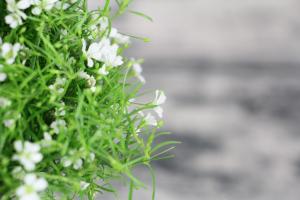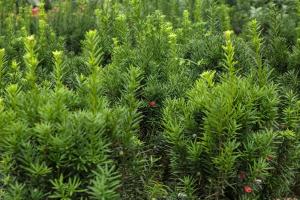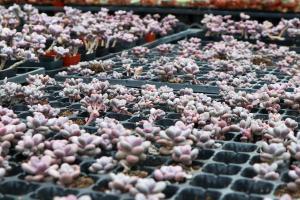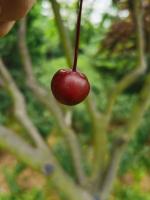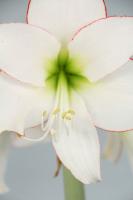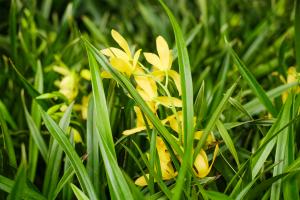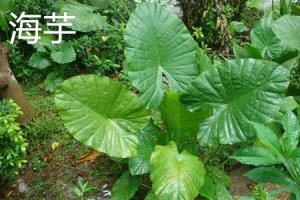Introduction
Potted plant bulbs are a great way to keep your garden space looking lively and colorful all year round. But with winter approaching, you may be wondering what to do with your potted plant bulbs. In this article, we'll explore some tips and tricks to help you take care of your potted plant bulbs during the winter months.
Preparing for Winter
The first step in taking care of your potted plant bulbs over the winter is to prepare them properly. This means ensuring that they are healthy, well-watered, and fertilized before the colder weather arrives. In addition, you may want to consider moving your potted plant bulbs to a location that is protected from the elements. This could mean moving them indoors, or simply moving them to a more sheltered location outside.
Watering and Fertilizing
During the winter months, it's important to adjust your watering and fertilizing routine to match the needs of your potted plant bulbs. Overwatering can be a problem in the winter, as excess water can freeze in the cold temperatures and damage the bulbs. To avoid this, water your potted plant bulbs sparingly, and only when the soil is dry to the touch. Similarly, it's important to adjust your fertilizing routine during the winter. Avoid using high-nitrogen fertilizers, which can stimulate new growth that is vulnerable to the cold weather. Instead, use a balanced fertilizer to help your potted plant bulbs maintain their health and vitality over the winter months.
Mulching
Mulching is a great way to protect your potted plant bulbs from the cold winter weather. By applying a layer of organic matter to the surface of the soil, you can create a layer of insulation that helps to retain heat and protect the bulbs from frost. Some good mulching materials for potted plant bulbs include straw, shredded leaves, and pine needles. Simply sprinkle a layer of mulch over the surface of the soil, being careful not to cover the bulbs themselves.
Monitoring for Pests
During the winter months, pests can be a real problem for potted plant bulbs. In particular, rodents like mice and voles can be attracted to the bulbs as a source of food. To avoid this, be sure to monitor your potted plant bulbs closely for any signs of chewed leaves or stems. If you do notice signs of damage, take steps to control the pest population, such as setting traps or using repellents.
Conclusion
In conclusion, taking care of your potted plant bulbs during the winter months requires a little bit of extra effort, but it's well worth it to maintain a beautiful and healthy garden all year round. By preparing your bulbs properly, adjusting your watering and fertilizing routines, mulching, and monitoring for pests, you can keep your potted plant bulbs healthy and vibrant even in the coldest weather.

 how many times do yo...
how many times do yo... how many planted tre...
how many planted tre... how many pine trees ...
how many pine trees ... how many pecan trees...
how many pecan trees... how many plants comp...
how many plants comp... how many plants can ...
how many plants can ... how many plants and ...
how many plants and ... how many pepper plan...
how many pepper plan...